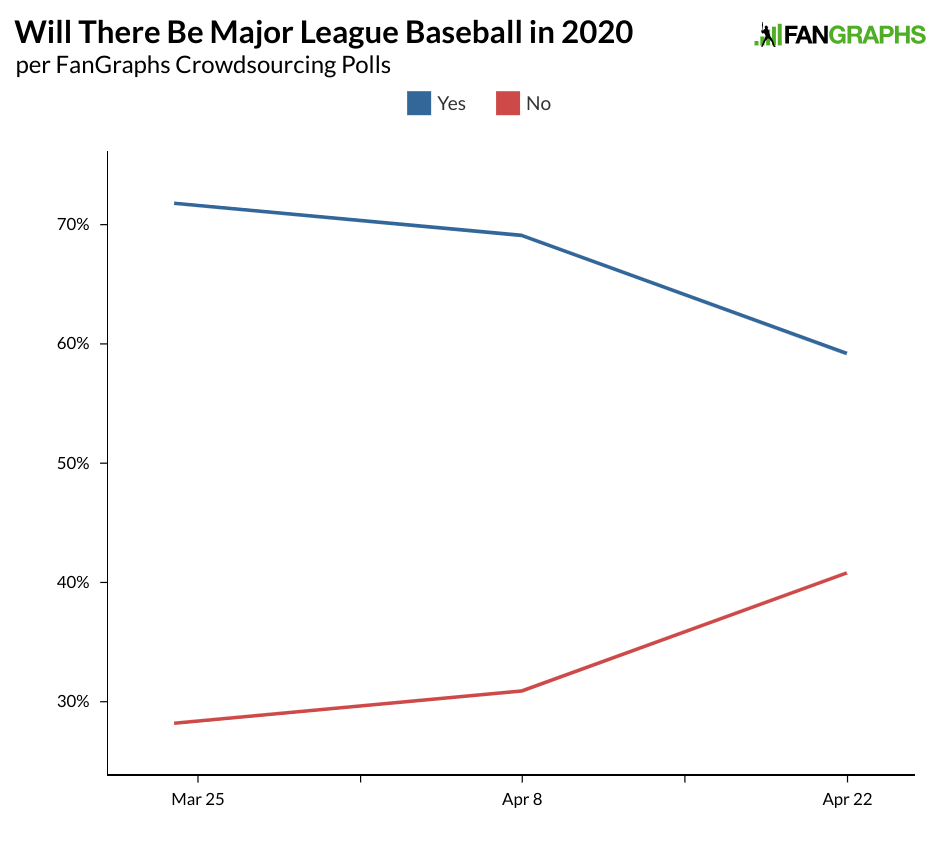Nothing Lost in Translation: Meet Your English-Language Go-To for the CPBL
At least until May 5, when the Korea Baseball Organization plans to hold its Opening Day, the Chinese Professional Baseball League isn’t just the only game in town, it’s the only pro sports league in the world that’s up and running during the COVID-19 pandemic. The four-team circuit plays in a time zone that’s 12 hours ahead of Eastern Daylight Time — currently to empty ballparks due to safety concerns — and while the league has begun streaming English-language broadcasts on Twitter, its official site and its on-demand streaming service are mainly in Mandarin, creating a hurdle even for fans willing to get their baseball fixes over morning coffee or by watching rebroadcasts later in the day.
Enter CPBL Stats (@GOCPBL on Twitter), the Mike Trout of English-language resources devoted to the league, and a must-see for anybody attempting to, well, figure out Who’s Hu in Taiwanese baseball. In assembling the aforementioned piece last week, I found CPBL Stats’ site to be a godsend. Its Quick Guide to the 2020 Season pulls double duty as a season preview and a guide to the league’s recent history. Its English-language rosters, and stats (including advanced metrics like wRC+ ad FIP), and its guide to streaming are all indispensible features. While I was writing about the league, the site’s proprietor, Rob, was most helpful in filling in some gaps in my understanding. Earlier this week, he agreed to an email interview that further enhanced my appreciation of the league and his site, and I hope will do the same for FanGraphs’ readers.
First things first: Rob is a Taiwan native who speaks Mandarin as well as English. He described himself as “just an everyday 9-5 office worker in the marketing industry based outside of Taiwan,” and asked to further limit his disclosure of certain personal details, including his surname. What follows here is a lightly edited transcript of our exchange. I have used the English naming order, placing Chinese surnames last instead of first. Read the rest of this entry »


